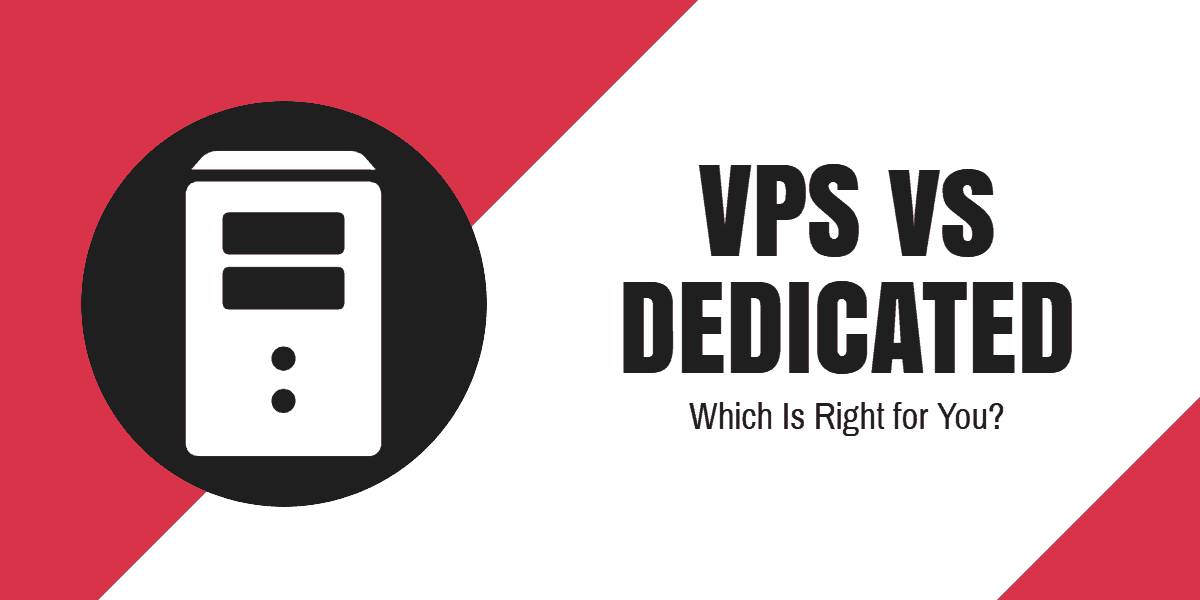Advertisement
Introduction
Choosing the right web hosting can be a daunting task. There are so many options available, and it can be hard to know which one is the right fit for your needs. In this article, we’ll break down the differences between shared hosting, VPS hosting, and dedicated servers, so you can make an informed decision about which type of hosting is best for you.
Advertisement
What Is Shared Hosting?
Advertisement
Shared hosting is the most popular option for small and medium-sized businesses because it’s affordable and provides all of the basics that you need to get your website online. With shared hosting, your website is hosted on a server that is shared with other websites. This means that your site will be slower than if it were hosted on its own server.
What Is VPS Hosting?
VPS, or virtual private server, hosting is a step up from shared hosting. With VPS hosting, you’re still sharing a server with other users, but you’re given a larger slice of the server’s resources. This means you’ll have more storage space and more bandwidth to work with.
Additionally, VPS hosting plans can be tailored to your specific needs. You can choose the operating system you want to run, and you can install any software you need. This makes VPS a great choice for businesses that need more control over their hosting environment.
What Is a Dedicated Server?
A dedicated server is a physical server that’s leased to a single customer. That customer is the only one who can use the server, and they have full control over it. This option is typically used by businesses that need a lot of horsepower, since a dedicated server can be custom-configured to meet their specific needs.
They’re also more expensive than other options, and you’ll need to have some technical expertise to set them up and maintain them. But for businesses that need ultimate control and flexibility, a dedicated server is the way to go.
The Pros and Cons of Shared Hosting
Shared hosting is the best option to start with if you don’t want to spend too much on web hosting just yet. Although it is the cheapest option, shared hosting still comes with a whole range of features that make it a great choice for most small businesses.
Pros: The main advantage of shared hosting is its affordability and ease of use. It’s easy to set up and you don’t need any technical knowledge to do so. You can also expand your website as needed, with plenty of storage and bandwidth options available from most web hosts.
Cons: However, the flipside of this is that you have limited control over your website, as your server resources are shared between other websites. This can lead to slow loading times or even downtime when too many people are trying to access your website at once. Additionally, security can be less robust than with some other types of hosting due to the lack of dedicated resources.
The Pros and Cons of VPS Hosting vs Dedicated Server
So which one should you choose? Well, it depends on your needs. VPS hosting is typically more cost-effective, but you’ll be sharing resources with other websites. Dedicated servers are more secure and provide more customization options, but they can be more expensive.
Let’s take a look at the pros and cons of each option. VPS hosting is great because it provides the flexibility of dedicated hosting but at a lower price point. It’s also easy to set up and maintain, doesn’t require IT staff on-site, can handle large amounts of traffic, and will scale as needed. However, you will still be sharing resources with other websites which can lead to slower performance and slower page loading times.
Dedicated servers offer more resources but come at a higher cost than VPS hosting. This can be worth the money for those who have complex websites or applications that need a lot of processing power. Plus, since you’ll have your own space on the server, your website will benefit from enhanced security and superior performance when compared to shared hosting or VPS hosting options. Ultimately, only you know what type of hosting fits best for your website or application needs – so do your research!
Conclusion
In the end, the best hosting solution for you depends on your specific needs and budget. If you’re not sure which option is best for you, contact a hosting provider for advice – they’ll be able to help you figure out which hosting solution is right for your business.


